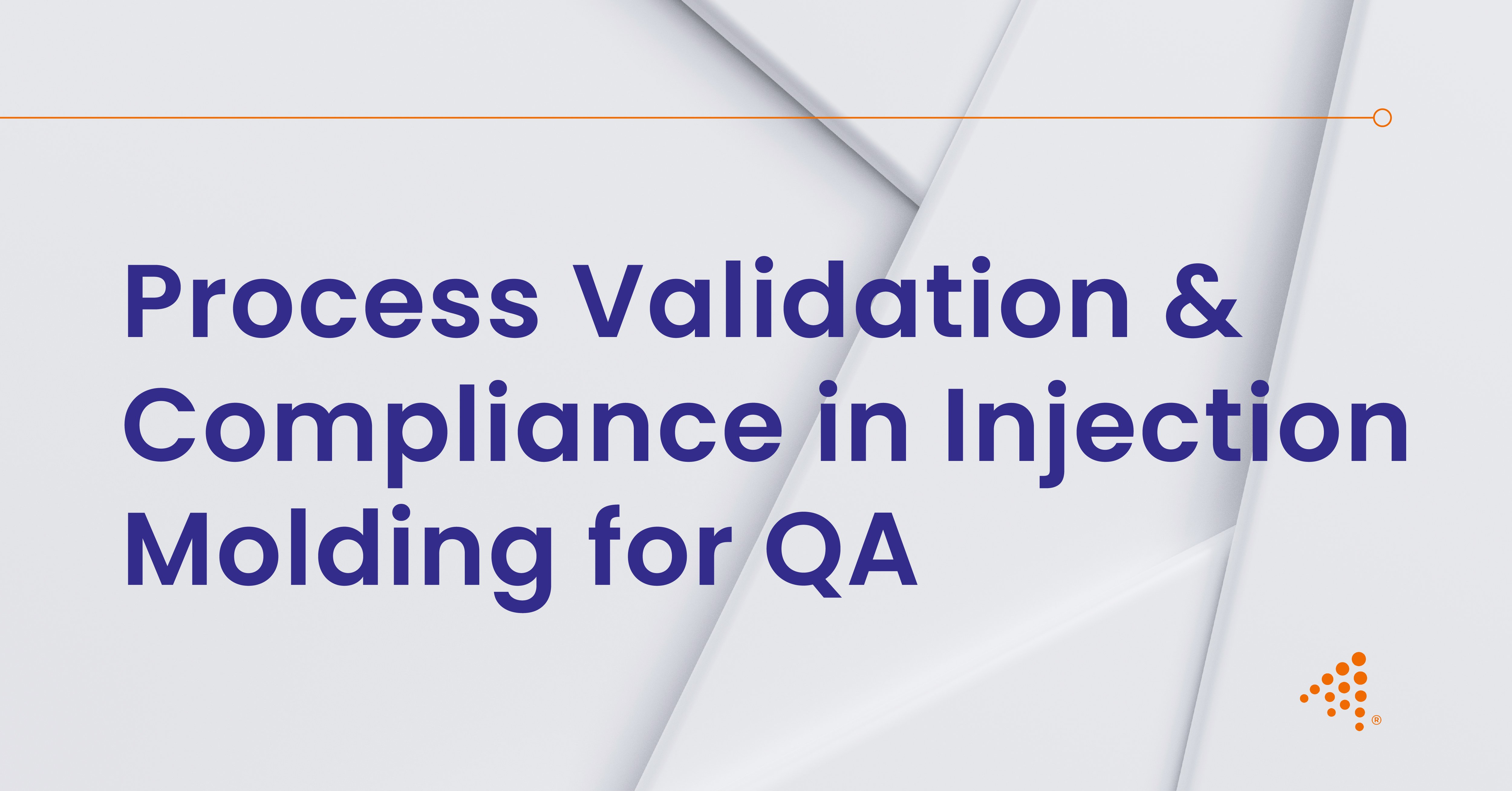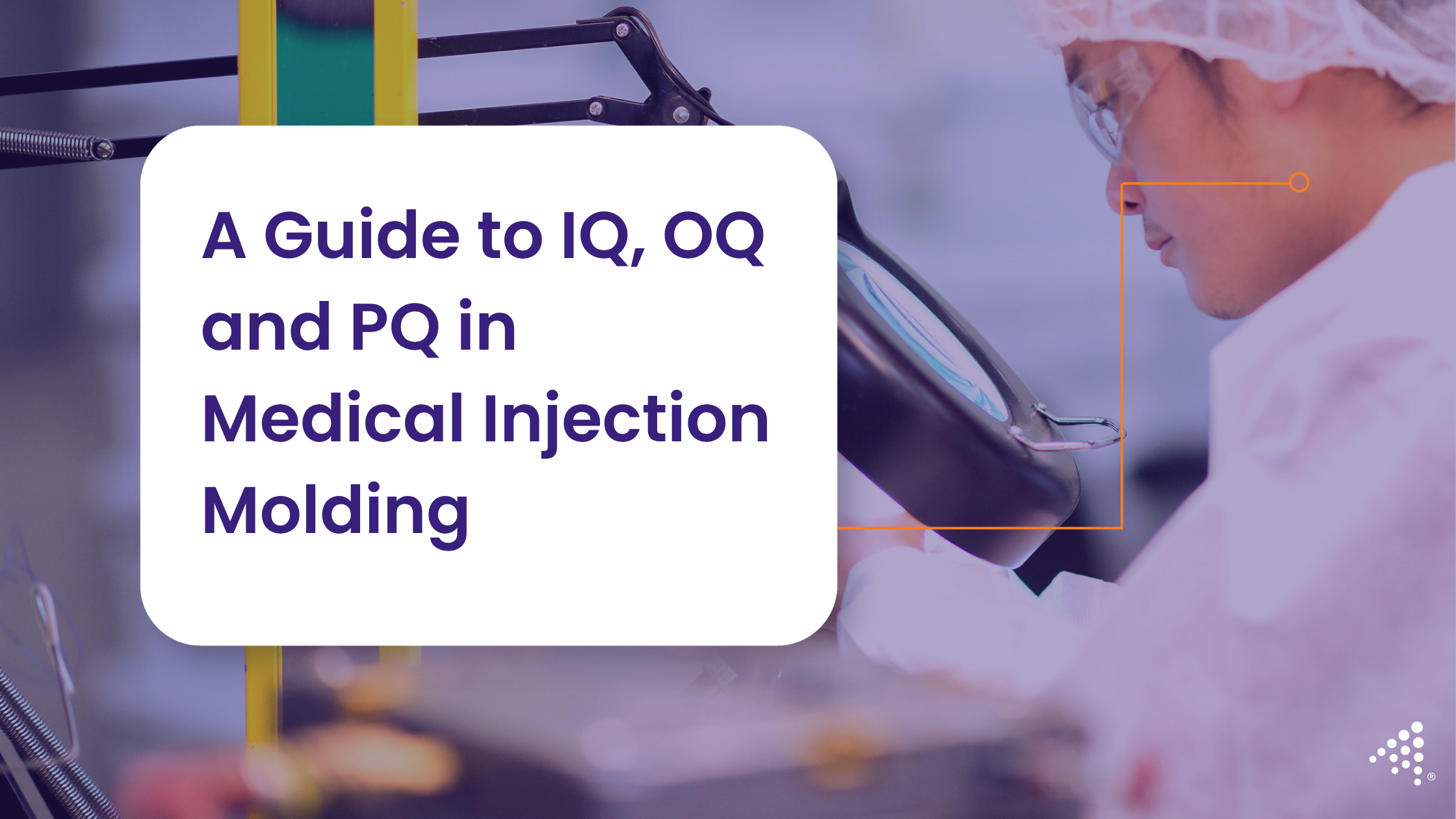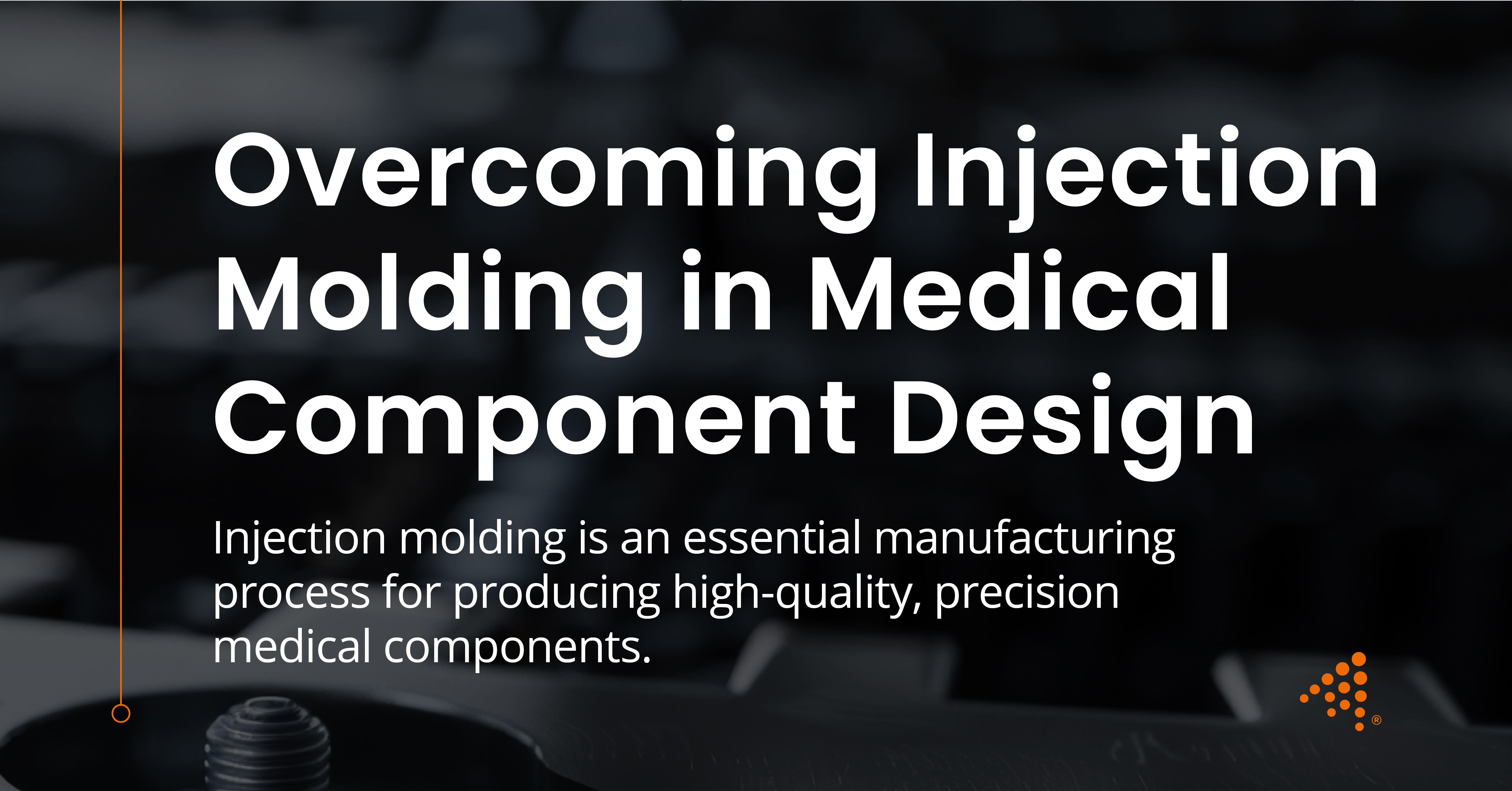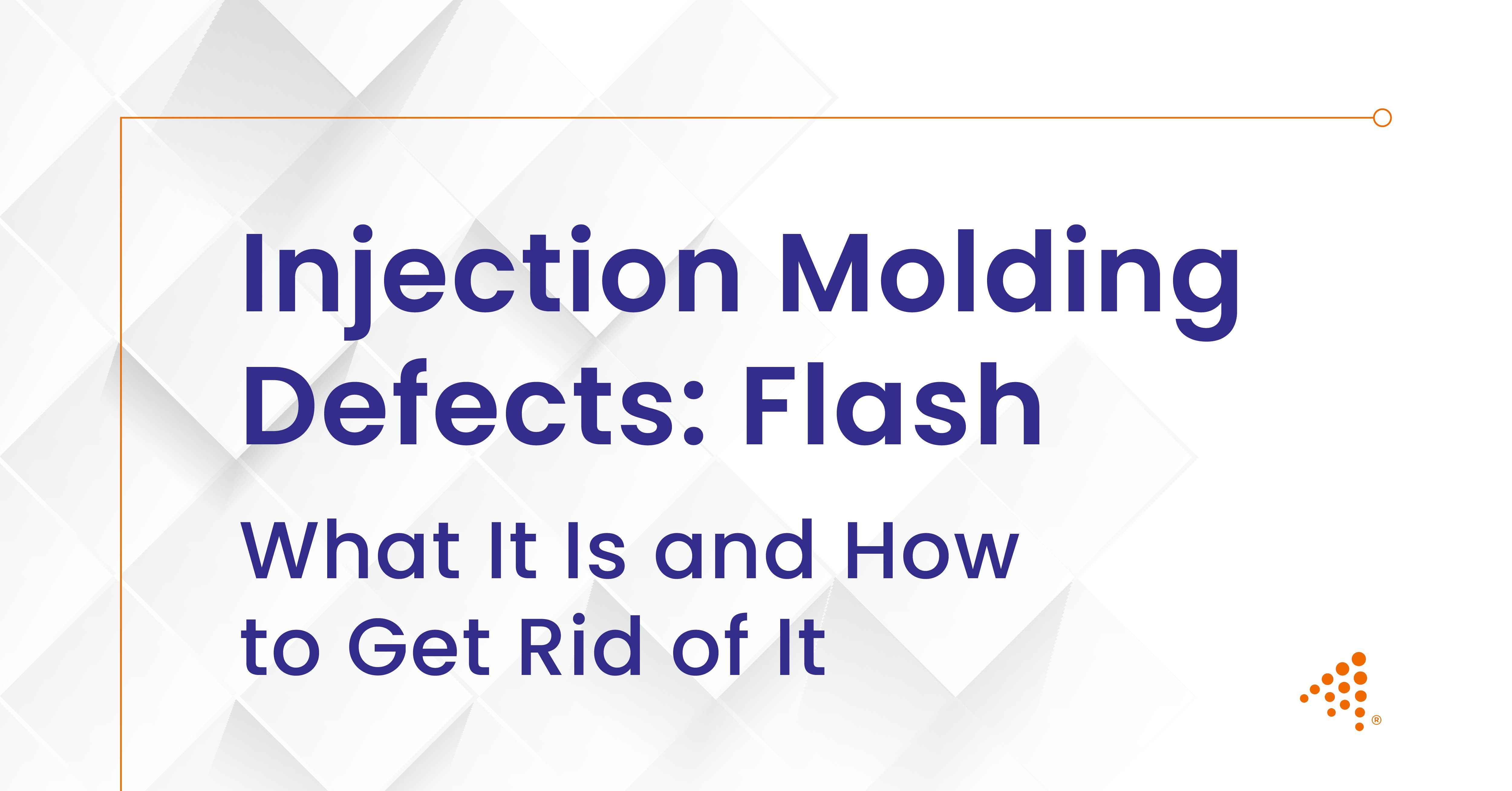Understanding IQ, OQ, and PQ: Essential Steps in Medical Injection Molding
Achieving a consistent, reliable, and high-quality manufacturing process is the result of a deliberate and systematic validation process. For...
3 min read
Nick Erickson : Jul 24, 2025 9:11:00 AM

In regulated industries like medical device manufacturing and automotive, the consistency and quality of injection-molded components are non-negotiable. Process validation is the critical methodology used to provide objective evidence that a process will reliably produce parts meeting predetermined specifications. Paired with meticulous documentation, this process forms the bedrock of regulatory compliance and operational excellence. This guide explores the Installation Qualification (IQ), Operational Qualification (OQ), and Performance Qualification (PQ) framework and the role of documentation in satisfying stringent regulatory audits.
Read More About Key Components of Injection Molding Part 3: The Mold/Tool
Process validation confirms that an injection molding process consistently yields parts that conform to all tolerance and quality requirements. The IQ/OQ/PQ framework is a globally recognized standard for achieving this. By systematically qualifying the equipment, process, and performance, manufacturers can significantly reduce variability and mitigate the risk of defects.
IQ (Installation Qualification): The first step verifies and documents that the injection mold, press, and all auxiliary equipment are installed correctly and according to manufacturer specifications and design requirements. IQ confirms that all necessary infrastructure, safety features, and connections are properly in place before initiating operations.
OQ (Operational Qualification): OQ challenges the process to determine and document the acceptable operating limits, often called the "process window." During this phase, critical process parameters (e.g., melt temperature, injection pressure, cooling time) are tested at their high and low limits. This testing confirms the system's ability to produce acceptable parts under the full range of operational conditions, demonstrating process robustness.
PQ (Performance Qualification): PQ demonstrates that the process, operating under normal conditions with production-grade material, can consistently produce quality parts over an extended period. This final stage typically involves multiple production runs. Through statistical analysis of the resulting parts, such as process capability studies (Cpk), PQ validates that the process is stable, repeatable, and capable of meeting quality standards during routine manufacturing.
A structured approach using IQ, OQ, and PQ is the foundation for achieving repeatable outcomes, minimizing the risk of defects, and aligning the molding process with production goals.
To support this validation framework, leading injection molding manufacturers integrate Design for Injection Molding (DfIM) principles early in the product lifecycle. This ensures that part designs are optimized for manufacturability, enabling smoother qualification phases and faster time-to-market.
Want to ensure your parts are ready for success?
Explore how our Plastic Part Design Optimization and Rapid Prototyping Services support early design decisions and faster validation.
In regulated environments, manufacturers must prove their processes meet stringent quality and safety standards set by bodies like the FDA (e.g., 21 CFR Part 820) and ISO (e.g., ISO 13485). Comprehensive documentation provides the necessary evidence of control and traceability.
These documentation practices are a core part of quality management systems for the manufacturing industry. When combined with a validated process and a proactive approach to injection molding quality control, they form a reliable defense during FDA Injection Molding or ISO 13485 Injection Molding audits.
By diligently maintaining these records, a manufacturer builds a robust quality system that streamlines FDA and ISO audits. This documentation demonstrates a commitment to quality control and allows for swift, effective responses to any regulatory inquiries or corrective action requests.
Read More About Understanding Lead Times in Injection Molding for Production Planning
A well-executed process validation system, supported by comprehensive documentation, is indispensable for success in precision injection molding. The IQ, OQ, and PQ framework establishes a capable and repeatable manufacturing process. At the same time, detailed documentation provides the objective evidence needed for regulatory compliance and continuous improvement.
This disciplined approach offers significant business advantages by reducing scrap, minimizing the need for intensive final inspections, and preventing costly recalls. Ultimately, it allows manufacturers to deliver high-quality parts with confidence, cycle after cycle.
At Aprios, we support our clients through every stage of the manufacturing process, from plastic injection mold design services to full-scale production. Whether you need help with DFM development services, tooling solutions, or audit-ready documentation, our team delivers the expertise and precision your project demands.

Achieving a consistent, reliable, and high-quality manufacturing process is the result of a deliberate and systematic validation process. For...

Injection molding is an essential manufacturing process for producing high-quality, precision medical components where device reliability and patient...

In precision injection molding, the goal is always a perfect part that matches the design specifications exactly. However, various defects can arise...